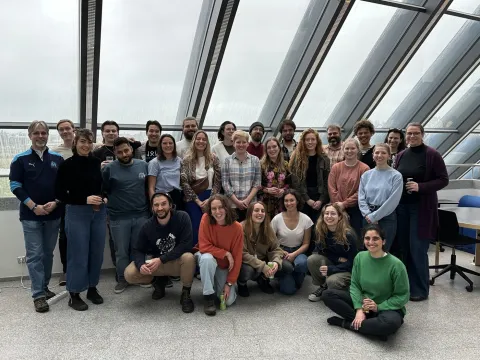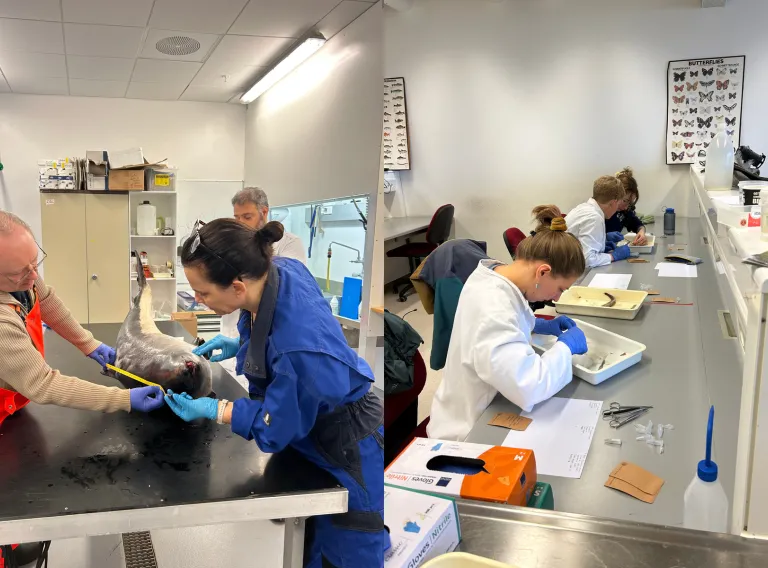
SUMMER (Sustainable Management of Mesopelagic Resources) EU H2020 project started in 2019 with the objective to establish a protocol to accurately estimate mesopelagic fish biomass, quantify the ecosystem services provided by the mesopelagic community (food for aquaculture, for humans, for other wild fish, climate regulation and potential for bioactive compounds) and develop a decision support tool to quantitatively balance the trade-offs between the different services for any given exploitation scenario. One of the goals of SUMMER is to ensure “knowledge transfer” by organizing schools targeting a large audience of students. Such a course was organized recently in Iceland.
A summer school of the project was held in Reykjavík and was organized by the University of Iceland (Háskóli Íslands, HÍ) in collaboration with the Marine and Freshwater Research Institute of Iceland (MFRI), and several partners from the project. Dr Haseeb S. Randhawa was the leading scientist for the school.
The school hosted 27 students from different backgrounds and countries, including 1 from Belgium, 1 from France, 1 from Germany, 4 from Norway, 4 from Portugal, 1 from the UK, 1 from the USA, and 14 from Iceland. It was organized with lectures and discussions in the morning, covering basic biology, ecology, acoustics, fisheries, economy and governance. It was complemented by laboratory work including dissection of bycaught harbour porpoise (potential predator of mesopelagic) and of mesopelagic fish (lancet fish, lantern fish and barracudinas).
